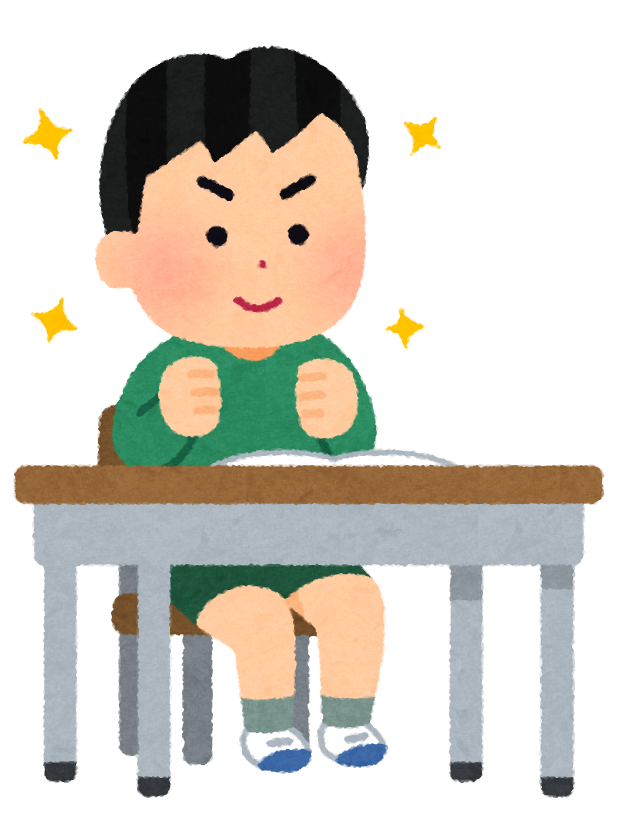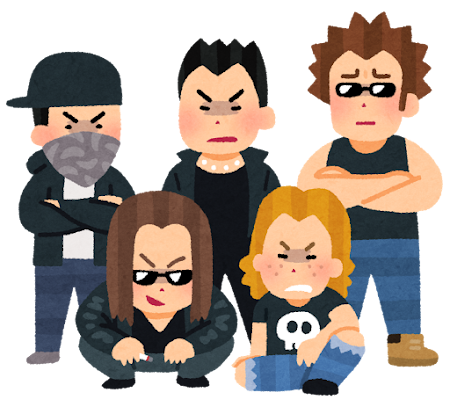小学校3年生より日本の小学校へ・・
はじめての大阪、大阪弁というものを知ることに。
実は、、大阪に転校になったとき、自分は気持ちわくわくとやったー英語から解放される気持ちでいっぱいでした。
というのも英語の完了形を覚えるのが苦痛で、、(例)go→went→gone、これをなぜおぼえないといけないのか
九九の掛け算のように繰り返しおぼえさせるということに苦痛でした。。
そして、大阪へ転校。
まず感じたのは日本の小学校ってすげー。。という気持ちでした。
実はアメリカでは自習をメインとしており勉強できない子はそのままという残念な感じですが、
日本はできない子にもむきあって先生が対応しているのに感動しました。
今でも覚えていますが、最初の投稿日が理科のテストだったこともあり、教科書をみながら答えていましたが・・
全然できておらず・・
すっかり脱落者に笑
学校の給食や掃除など勉強以外のこともやるというのは驚きです。
なにより関西弁(大阪弁)というのは非常にわかりやすく、ストレートに表現したものがおおく
最初は怖かったですが、いまではすっかり自分も関西弁に。笑
大阪では6年生までいることに
そして、今度は千葉へ



